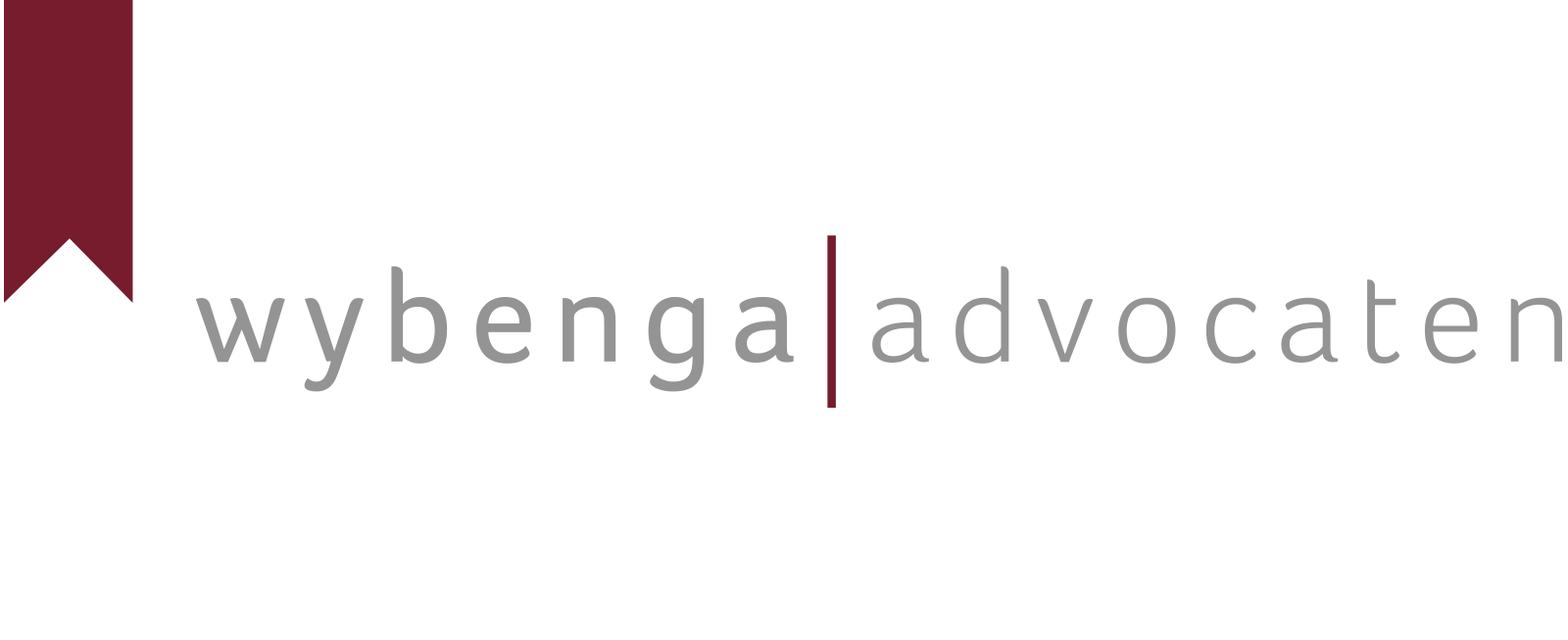Unpaid invoice? The debt collection process in the Netherlands explained in five steps.
You have worked hard to deliver a product or service. However, payment for your work remains outstanding. Trying to collect your money can be a time-consuming activity. Throwing in the towel is not an option: after all, overdue bills can have a significant impact on your company’s stability. Fortunately, you can hire an attorney to collect your debt (and hiring one has its advantages). In this blog, I explain exactly how debt collection by an attorney works in the Netherlands, in five simple steps .
1. Preparation
In the preparatory stage, the attorney gathers all relevant information about the debtor and the background of the debt. Think of the agreement under which the debtor has to pay, invoices and any relevant communication between you and the debtor. Based on these documents, the attorney makes an assessment to see if there are any legal objections that may complicate the collection of the debt. A cost-benefit analysis is also made. For example, for claims under € 5,000.00 it is not particularly cost-effective to hire an attorney. In such a case, it is often more cost-effective to contact a debt collection agency immediately.
2. Notice of default
After the necessary preparations, the attorney sends a notice of default to the debtor. Through this letter, the debtor is asked to pay the debt within a reasonable period of time, usually 14 days. Often the notice of default not only has a legal function (it is often a legal formality under Dutch law), but it also provides an incentive for the debtor to pay as soon as possible.
3. Summons
If the debtor still doesn’t pay, the attorney will issue a summons. The debtor will then have to appear in court. It is possible that, as soon as the debtor receives the summons, the debtor quickly embezzles his or her assets. An attorney, unlike a regular collection agency, can order the court bailiff to freeze the debtor’s bank account before the judge has heard the case. This is a powerful tool for enforcing payment and ensuring that sufficient recourse is possible.
4. The hearing and the verdict
At trial, the judge will evaluate the arguments and evidence of both parties and decide whether the debtor should pay the claim. If the debtor does not respond to the summons and does not appear in court, the judge will issue a default judgment. This means that the judge makes a decision based on the documents provided by the creditor. In most cases, this means that all claims are awarded in full. A default judgment has the same force as an ordinary judgment. If the time to file an appeal expires, the debtor is definitively obligated to pay his debt. Regardless of whether he or she agrees with this obligation.
5. Execution of judgment
If the judge has awarded the claims in a judgment, the claims are fixed. If the debtor then fails to pay voluntarily, the attorney will instruct a court bailiff to execute the judgment. This means that the bailiff will seize the debtor’s belongings and sell them so the debt can be collected from the proceeds.
Sometimes it can be useful to wait a while before executing the judgment, especially when the debtor offers no recourse. A judgment is valid for twenty years under Dutch law, so it may be that the debtor that does not have any money now, will have some a couple of years down the line, making it worth the wait. Should seizure and execution go nowhere, the attorney can always take further legal action such as filing for bankruptcy.
In conclusion
Now you know how a debt collection process works in the Netherlands and know the benefits of hiring an attorney to do it. You would be wise to leave the stress and worry of collecting an unpaid bill in the hands of an attorney. We can act quickly on your behalf, and you can get on with your business. Are you curious about the possibilities for your specific situation or do you have questions? Do not hesitate to contact us, we are happy to help.

